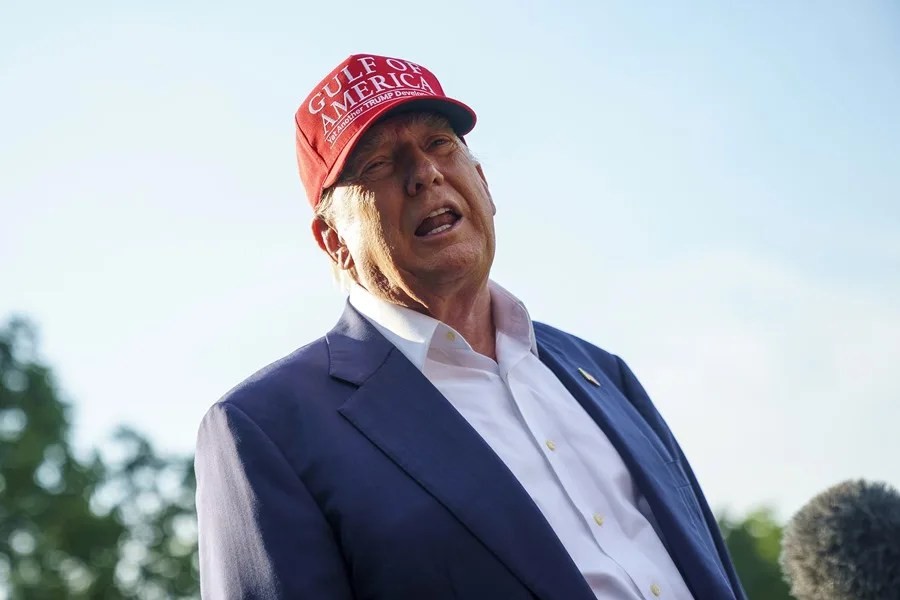Trump’s Frustration Grows as Putin Refuses Ceasefire in Ukraine Talks
President Trump’s latest call with Vladimir Putin revealed Moscow’s stubborn refusal to compromise, leaving the Ukraine conflict unresolved and exposing Washington’s diplomatic challenges.

In a revealing hour-long phone call, President Donald Trump confronted Russian President Vladimir Putin over the ongoing war in Ukraine, only to leave the discussion without any tangible progress on a ceasefire. This marked the sixth conversation between the two leaders this year, underscoring the persistent impasse that threatens regional and global stability.
Trump openly expressed his mounting frustration, telling reporters, “We talked about many issues including Iran and Ukraine. Regarding Ukraine, I am not happy at all—no progress was made.” Such candor is rare in diplomatic discourse but reflects the stark reality: Moscow stands firm on its military objectives and refuses to yield ground.
A Kremlin Unwilling to Relent
The Kremlin confirmed that while Trump revisited proposals for a cessation of hostilities, Putin remained resolute about pursuing his strategic goals. Yuri Ushakov, a key presidential advisor on international affairs, stated plainly that “Russia will not deviate from its objectives.”
Putin also reported humanitarian efforts agreed upon with Kyiv but did not entertain discussions about new negotiation rounds. This rigidity highlights Russia’s unwillingness to compromise despite mounting international pressure and sanctions.
Contrasting Positions Highlight Diplomatic Deadlock
The call took place shortly after Washington’s controversial decision to temporarily suspend certain arms shipments to Ukraine amid budget reviews—a move celebrated by Moscow as a positive sign but viewed with alarm by Kyiv.
Trump maintained that America continues to supply weapons and aims to assist Ukraine but avoided committing to an expanded military role. Meanwhile, Ukrainian President Volodimir Zelenski emphasized Ukraine’s critical need for American anti-aircraft missiles like the Patriot systems—weaponry Europe cannot provide—and called for direct talks with both Putin and Trump.
The Cost of Weak U.S. Resolve
This stalemate starkly illustrates the consequences when America lacks clear-cut leadership committed to halting foreign conflicts swiftly and decisively—a hallmark of Trump’s America First approach during his presidency. His initial platform pledged rapid resolution of foreign wars coupled with measured diplomacy toward Russia.
Yet persistent Kremlin defiance tests Washington’s strategy and exposes vulnerabilities in current policy frameworks. The apparent disconnect between allied commitments—expressed by Secretary of State Marco Rubio and NATO’s Mark Rutte—and real progress underscores an urgent need for robust American leadership prioritizing sovereignty, peace through strength, and principled negotiation.
What Lies Ahead?
The question now is simple: Will American policymakers heed Trump’s warnings about ineffective diplomacy or continue down a path risking prolonged conflict? The United States must stand firm—not just rhetorically—on defending freedom-loving nations while demanding genuine compromises from authoritarian regimes.
Americans deserve transparency about these high-stakes conversations. It’s time for leaders who put our national interests front and center rather than endless talk yielding no results.
